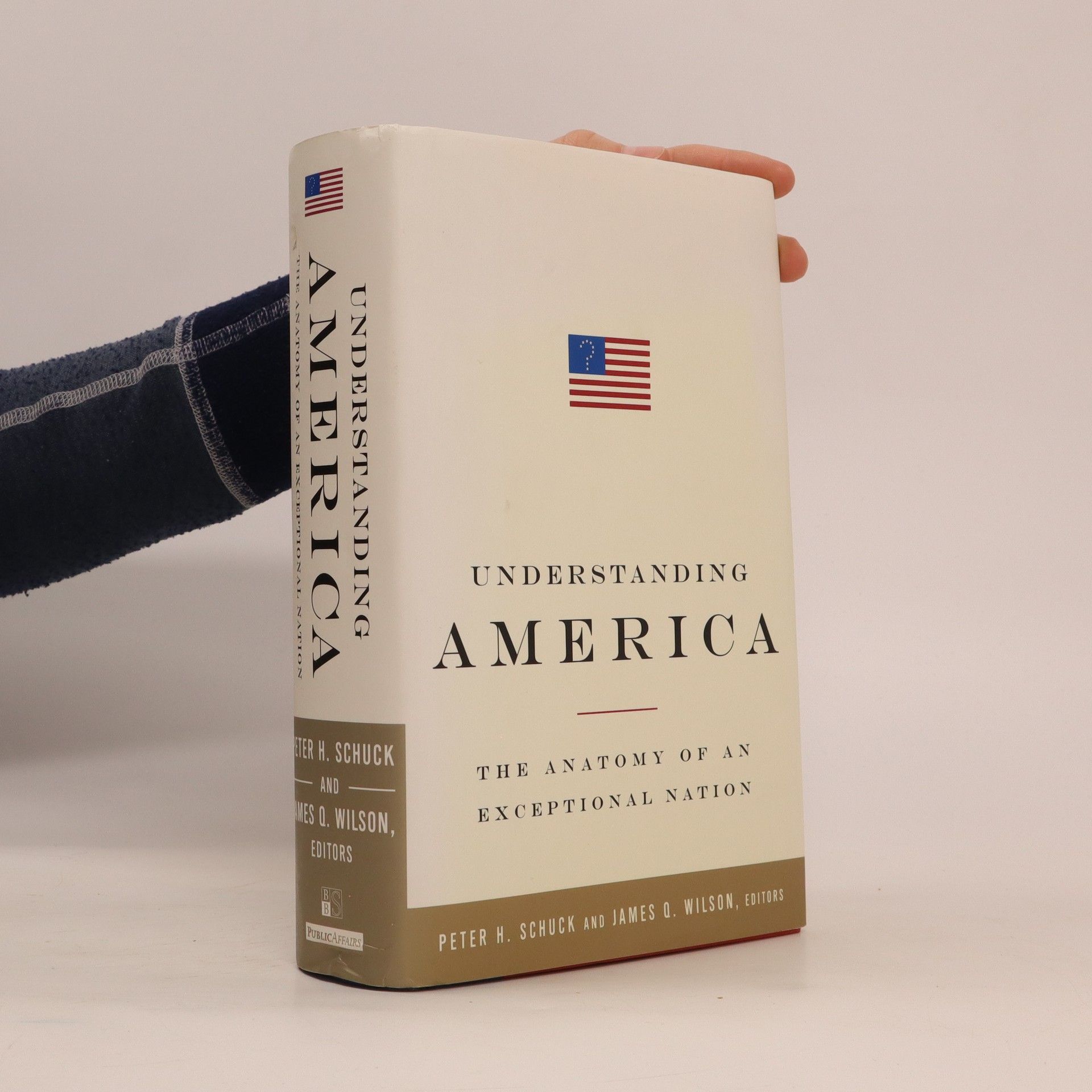Jak se vládne v USA
- 403 stránok
- 15 hodin čítania
Publikace přibližuje základní principy fungování politického systému Spojených států amerických.
James Q. Wilson bol popredným americkým kriminológom, ktorý sa zaoberal najmä ekonomickými a politickými aspektmi kriminality. Namiesto zamerania sa na sociálne príčiny zločinu tvrdil, že verejná politika je najúčinnejšia, keď sa sústredí na objektívne faktory, ako sú náklady a prínosy trestnej činnosti. Wilson vnímal páchateľov ako racionálnych jedincov, ktorí sa zločinu vyhnú, ak sa s ním spojené náklady stanú neúnosnými. Jeho práca významne ovplyvnila oblasť politickej vedy v Spojených štátoch.




Publikace přibližuje základní principy fungování politického systému Spojených států amerických.
What is America? Is it a hegemonic superpower, composed of ruthlessly selfish capitalists? Or is it a land of hope and glory, a shelter for the huddled masses, and a beacon of freedom and enlightenment? The definition of this complex nation has been debated substantially, yet all seem to agree on one thing: it is unique. The idea of an exceptional America can be traced all the way back to Alexis de Tocqueville's nineteenth-century observations of a newly formed democracy that seemed determined to distinguish itself from the rest. Little, it seems, has changed. Building on de Tocqueville's concept of American exceptionalism, this collection of essays, contributed by some of the nation's top scholars and thinkers, takes on the weighty task of sizing up America in a way its people and others can comprehend. Far more than simple history, they outline the current state of American institutions and policies—from the legal system to marriage to the military to the Drug War—and anticipate where these are headed in the future.
Acclaimed for the scholarship of its prominent authors and the clarity of its narrative, "American Government" sets the standard for public policy coverage while maintaining focus on three fundamental topics: the institutions of American government; the historical development of governmental procedures, actors, and policies; and who governs in the US and to what end.The "Essentials" version maintains the structure of the main text but replaces the policy chapters with one brief chapter on the policymaking process.This thoroughly updated edition reflects both foreign and domestic events that currently affect US politics--including a discussion of the effects of 9/11 on American foreign policy and national security--combined with the latest scholarship in the field.Coverage of the most recent domestic issues includes the 2004 term Congressional elections, the Bipartisan Campaign Finance Reform Act, and the George W. Bush presidency.Enhanced coverage of the process of government, such as the workings of Congress and the implementation of law.To augment the chapter summary and help students synthesize and think critically about what they learn, "Revisiting the Enduring Questions" appear at the end of each chapter as mini-essays and expand on the classic questions about democracy posed at the beginning of the chapter.Suggested web links help students research US politics.